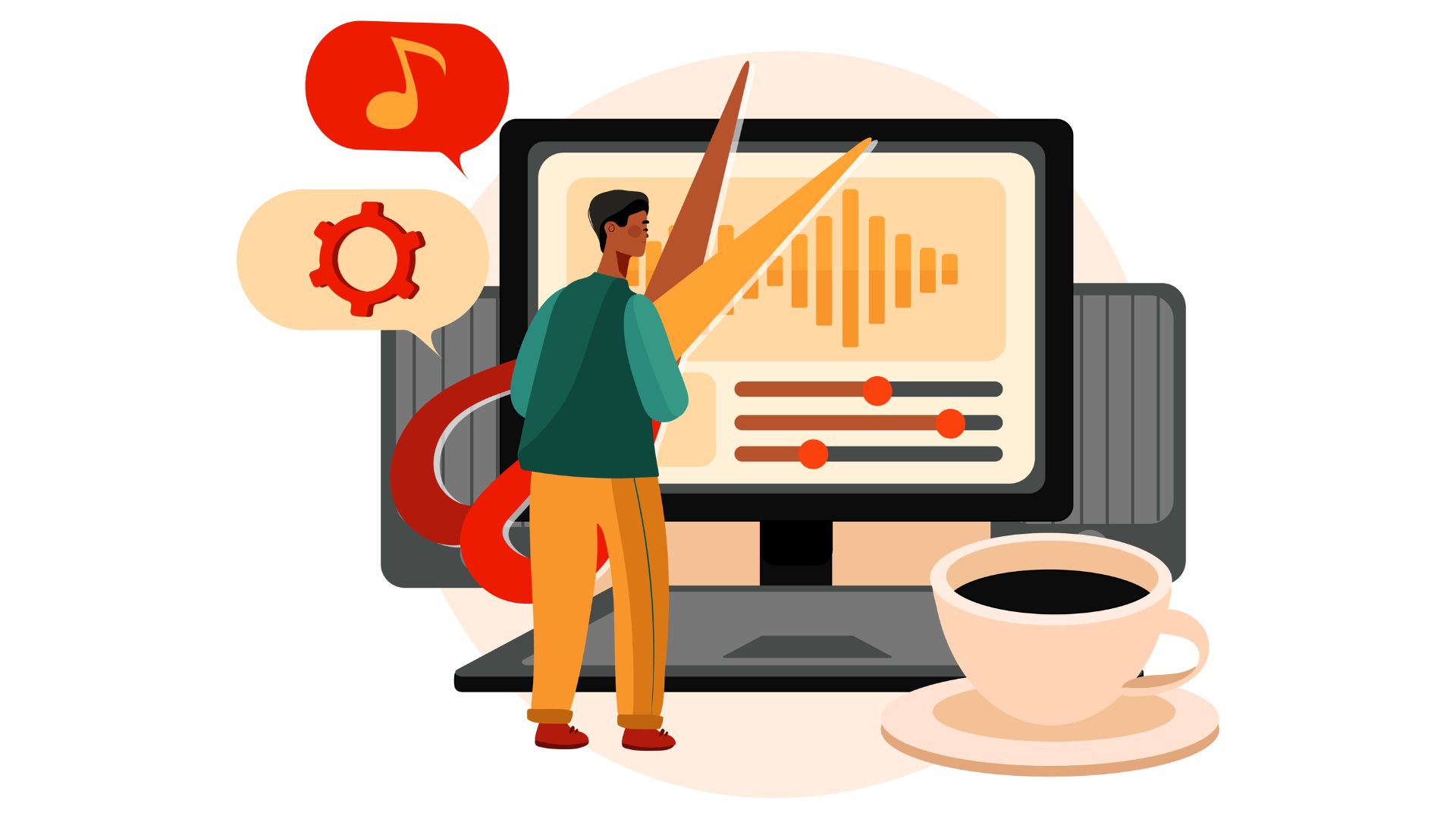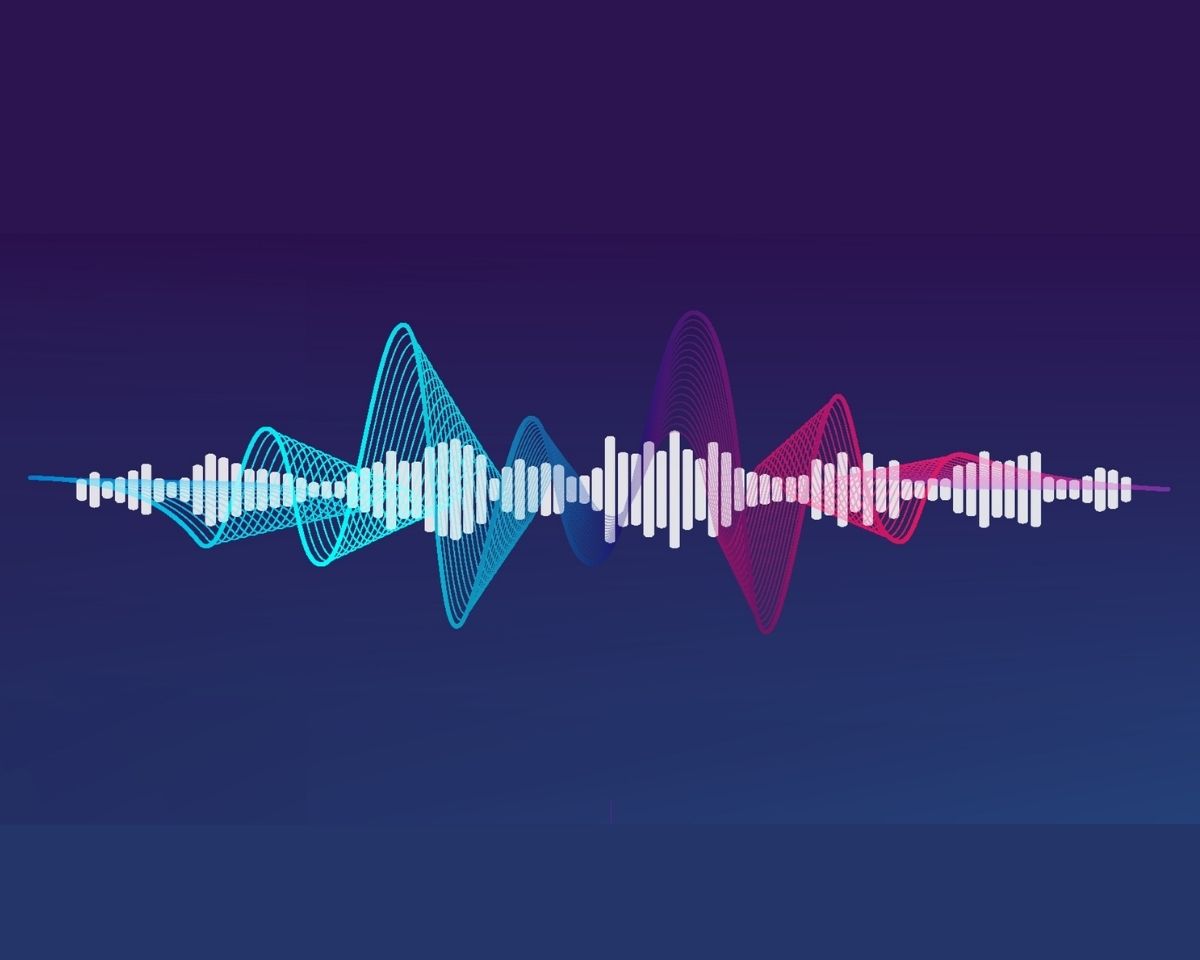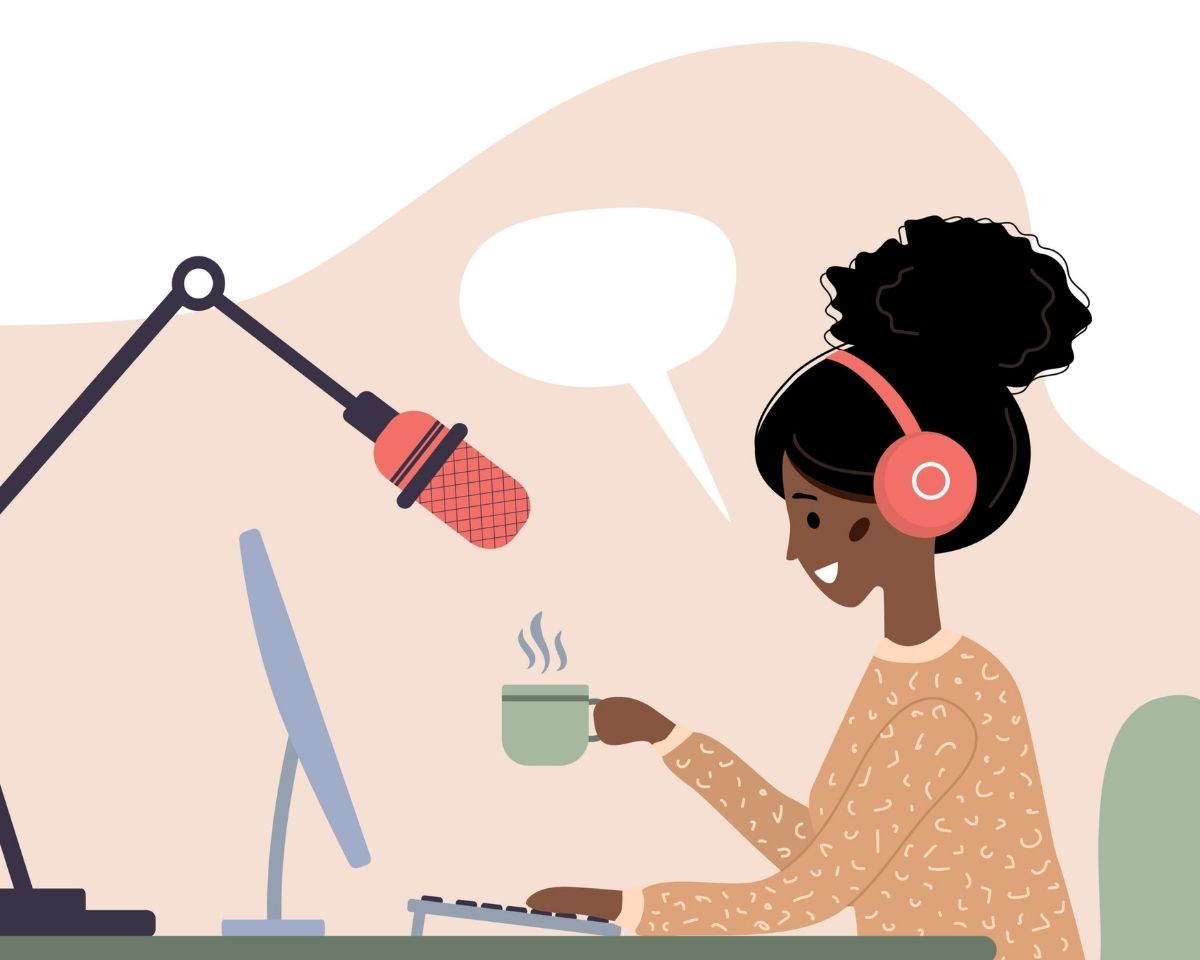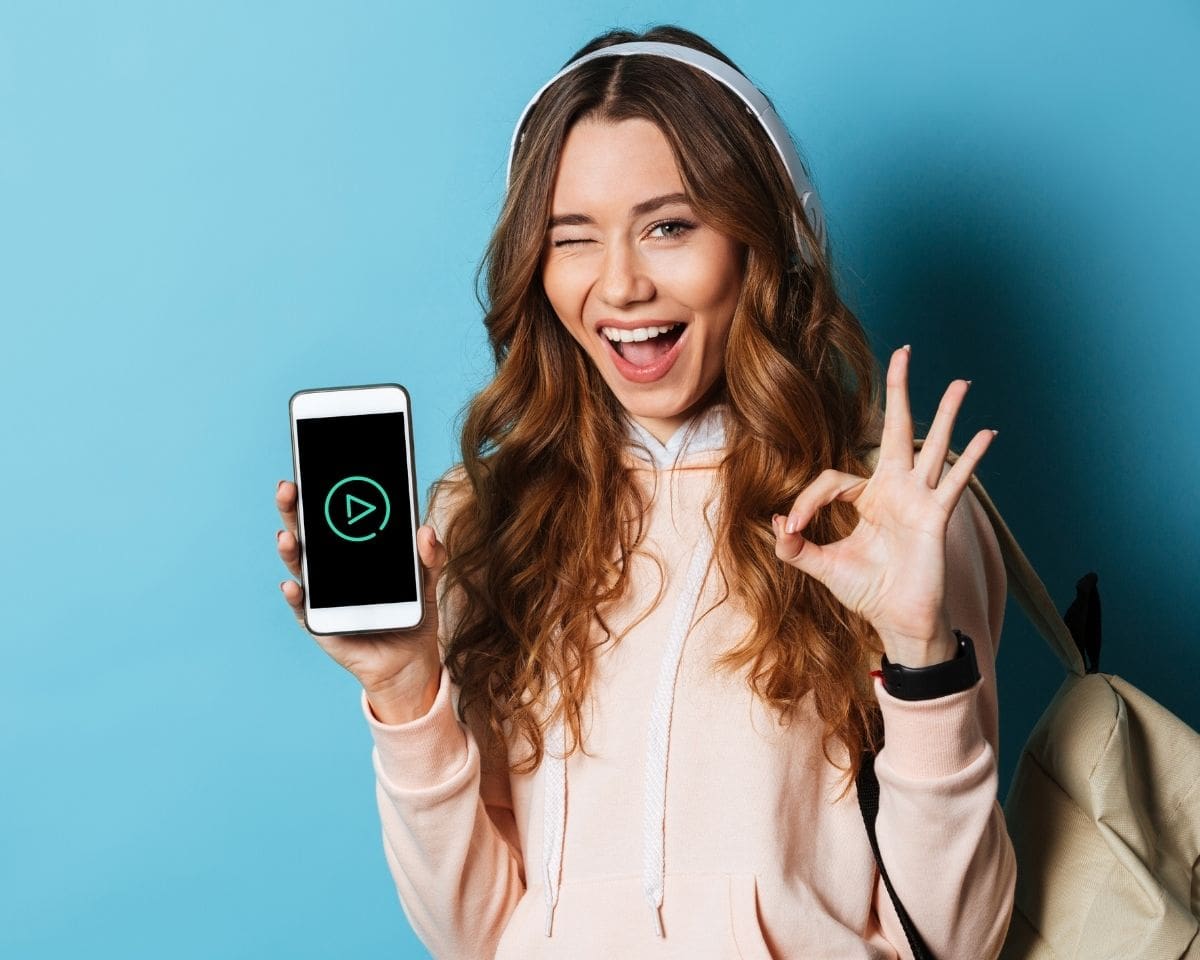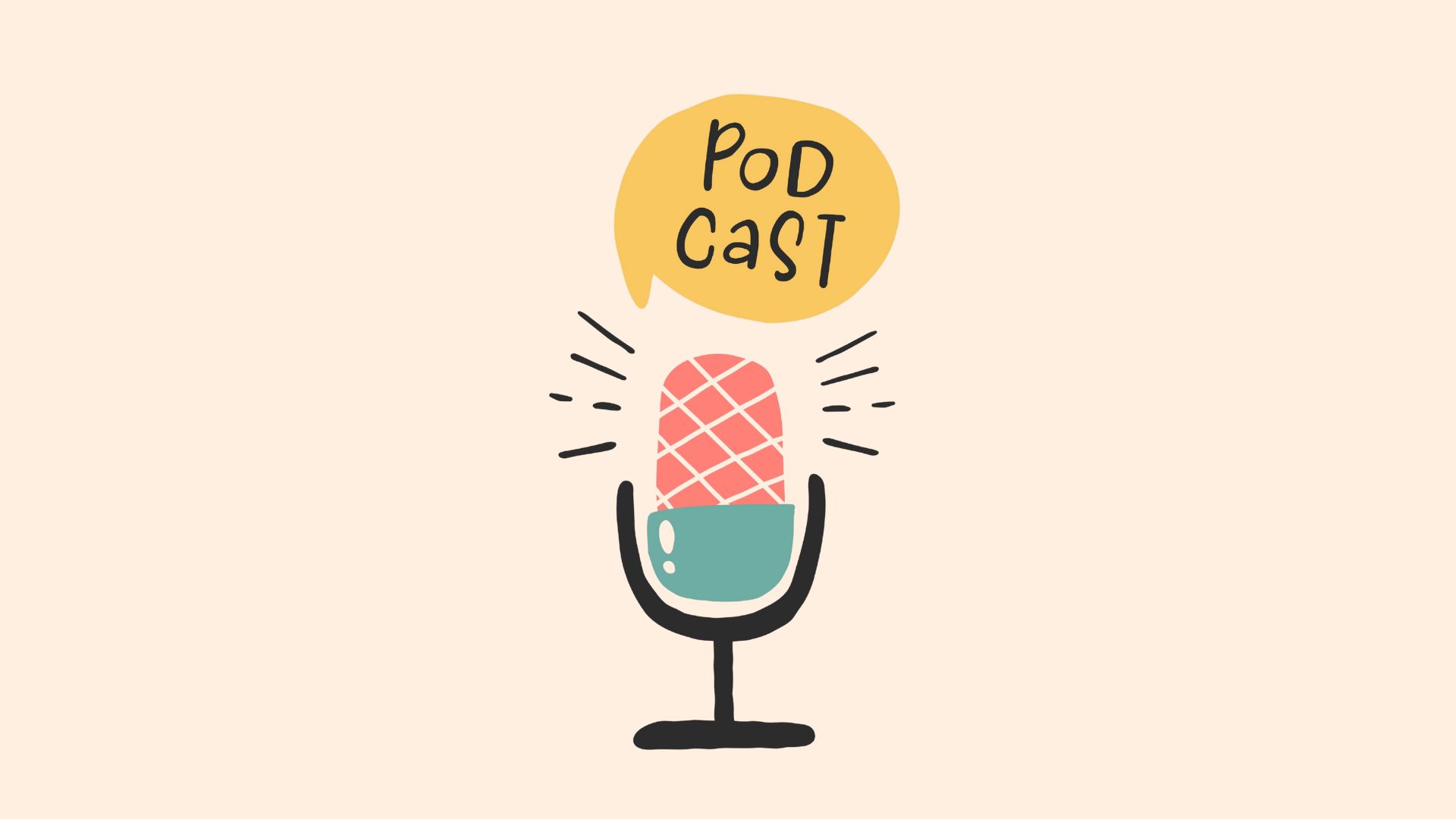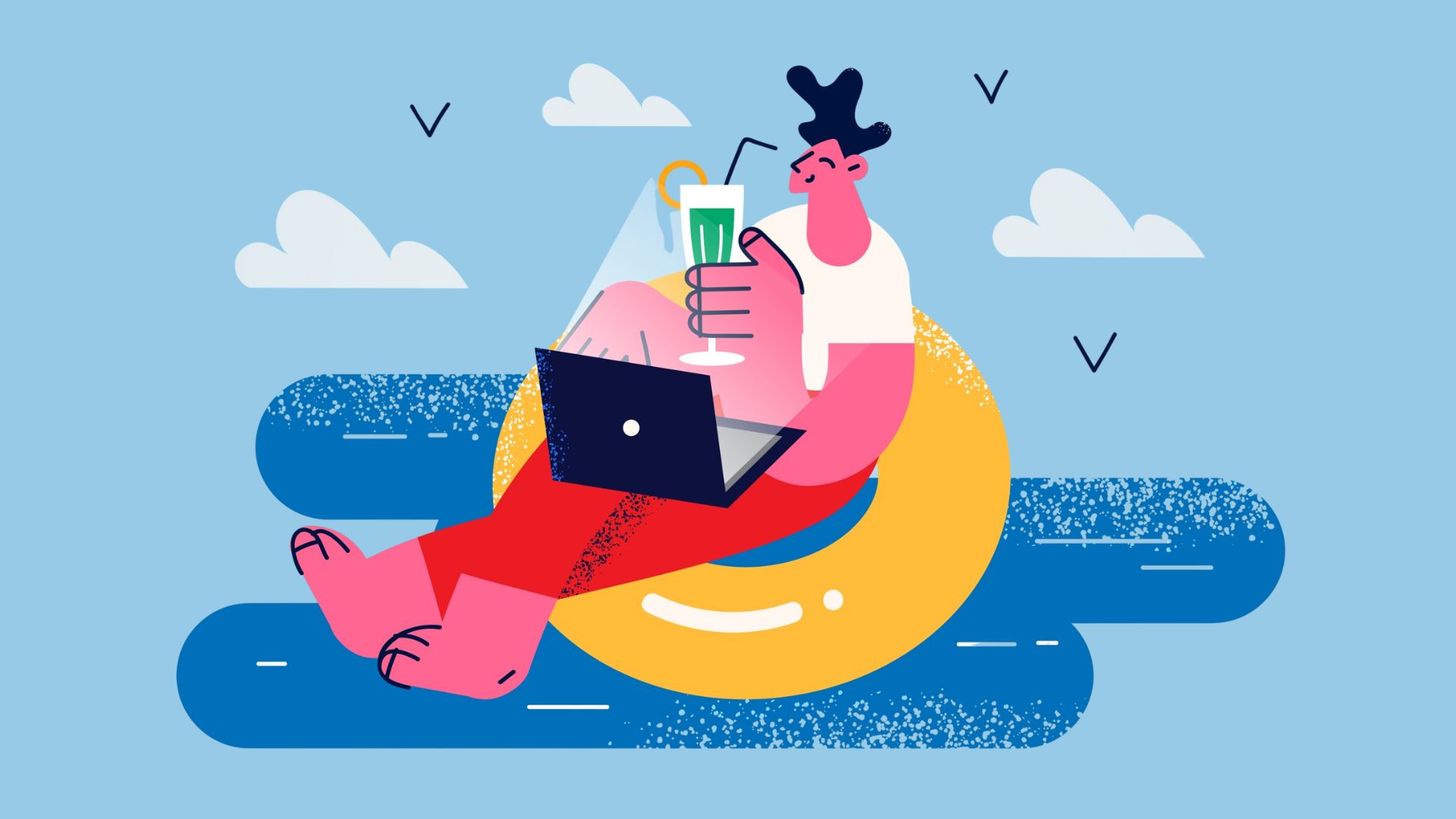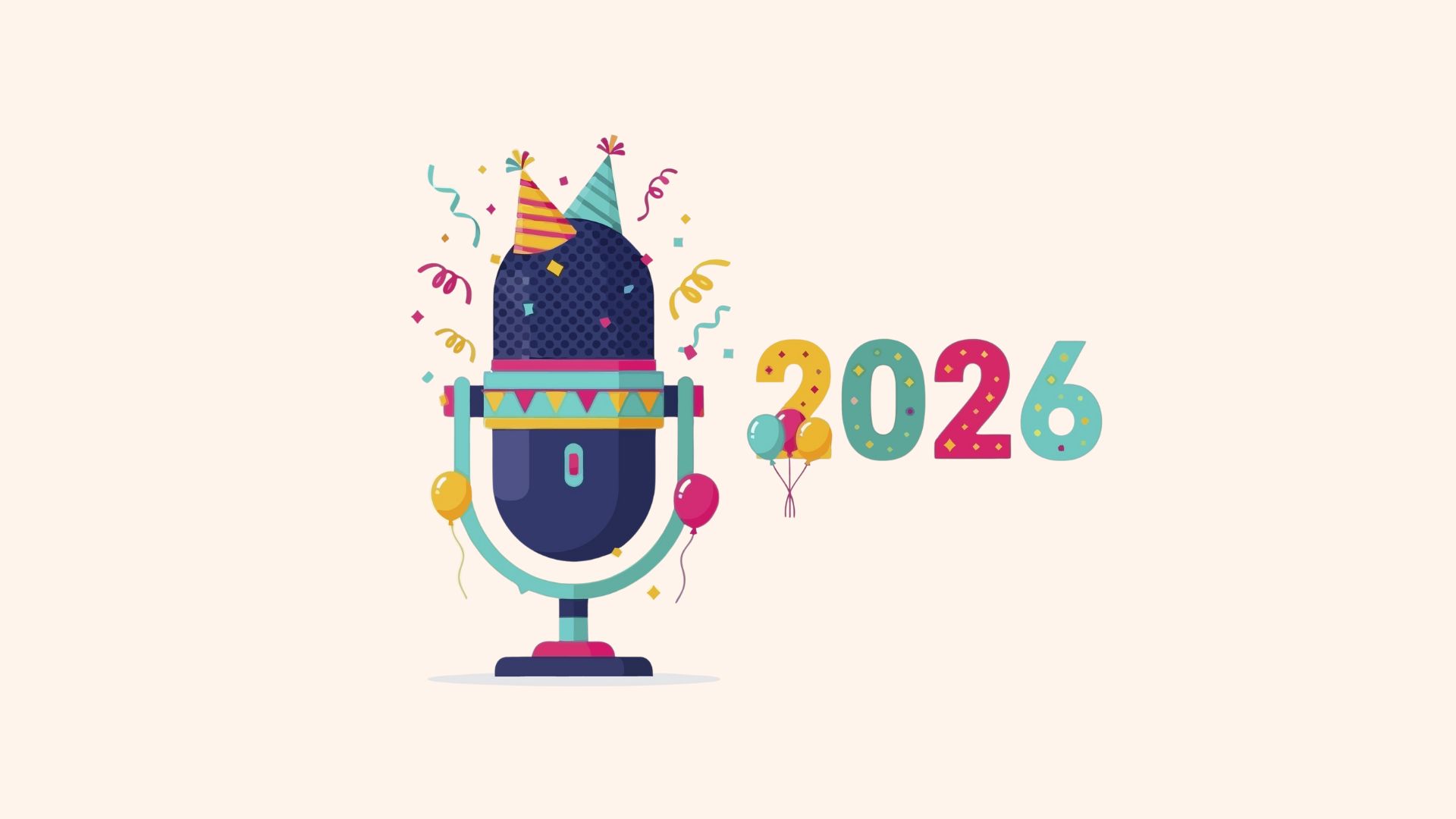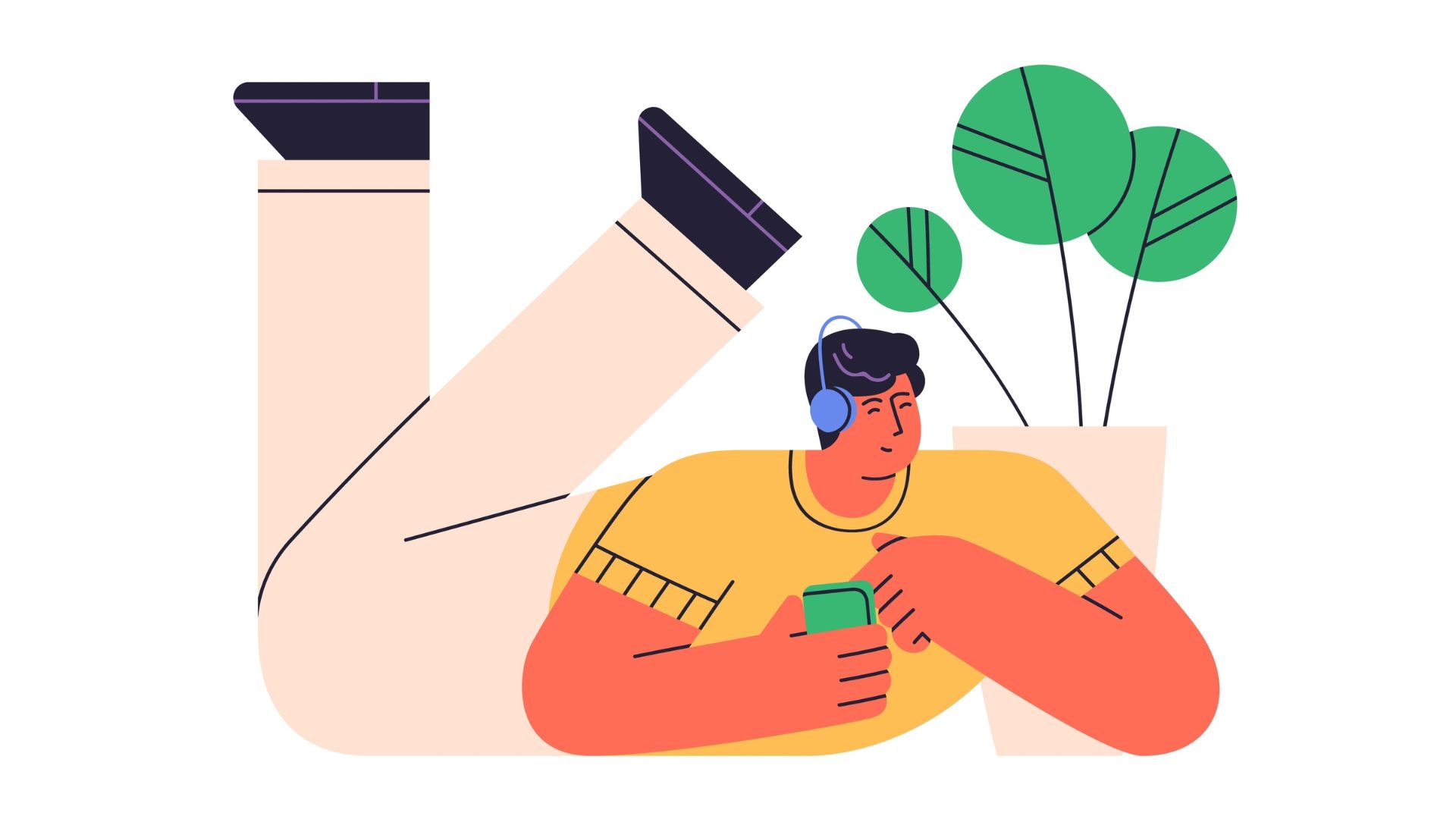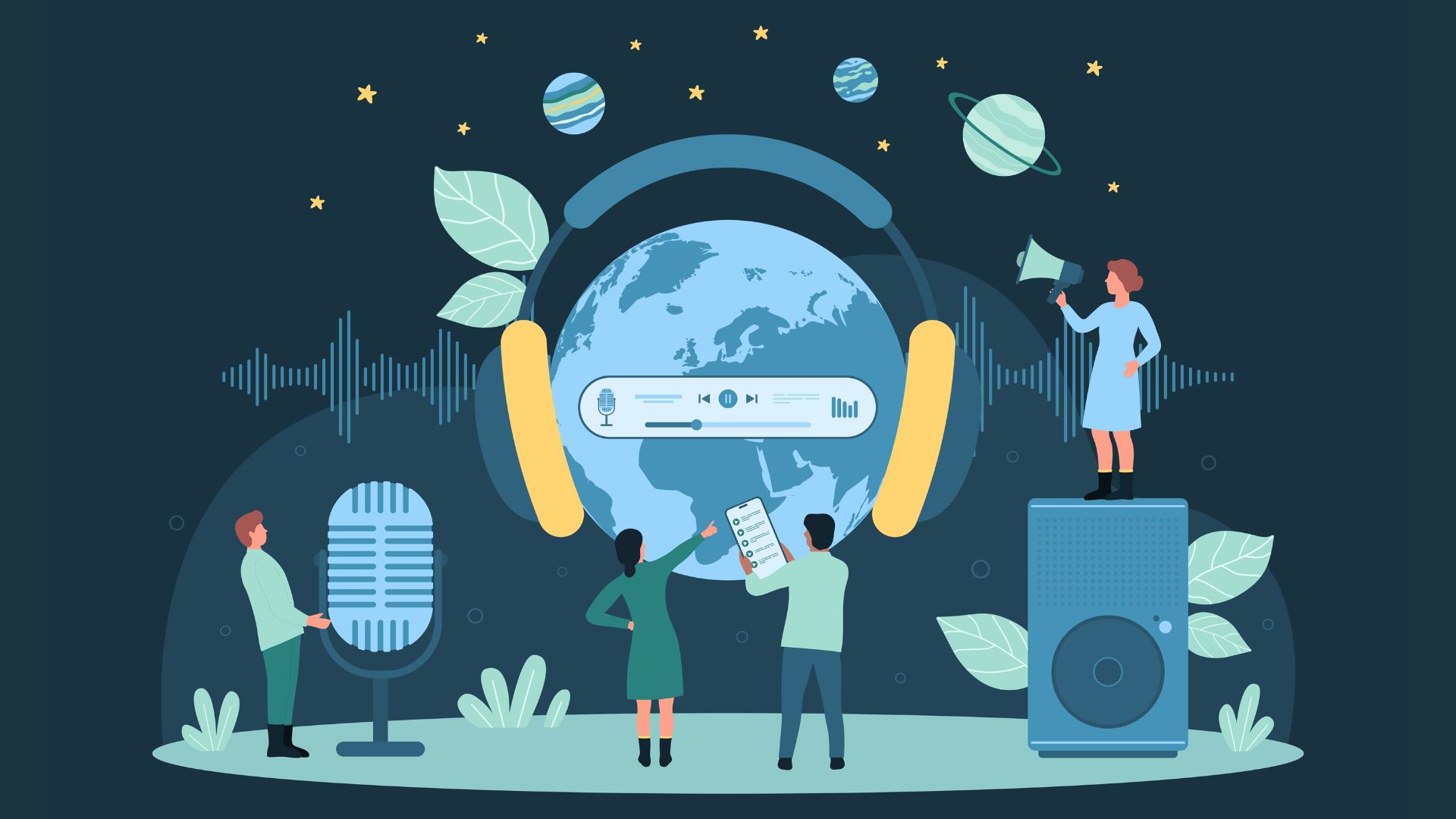Is editing optional?
As a general rule, if you want your audience to get the best possible version of your show (which you do) then editing is essential.
I don’t think there’s a professional I’ve worked with in my 20+ years working in audio that could record a podcast episode that requires no editing at all.
Editing isn’t a measure of “Am I good enough and can I record something that doesn’t need any editing?”
It’s a measure of professionalism.
Want help starting your podcast? Download my FREE ‘How To Start A Podcast’ guide.
Editing is a podcast host’s best friend
It’s important to think about editing as a fantastic tool in your podcasting toolkit that allows you to sometimes, in all honesty…polish a turd.
You’re never going to get terrible content back from the brink with editing.
But if the vibe is off between you and your guest, or their answers are a little long winded or you had to ask something multiple times to get the right answer you can cut all of that unnecessary faff out in the edit.
Which means, what your audience is left with, is the most compelling, engaging, succinct and high-quality version of that conversation.
What if you don’t know how to edit?
If you haven’t done any editing before, it makes sense that you’d be intimidated by it.
Becoming a good editor doesn’t take five minutes but it also doesn’t take forever, and all you need to do is practice and tune your ear.
What does tuning your ear mean?… You need to be able to recognise when something sounds edited.
You might think that would be simple but this is something A LOT of people don’t nail and it’s the difference between your audience thinking “This sounds like a seamless conversation that happened in one take” and “This sounds a bit weird.”
Even if they can’t immediately pinpoint that the reason it sounds weird is due to editing, they’ll know it doesn’t sound like a normal conversation.
Good editing allows a listener to listen to your content without thinking, because they can just relax and take it all in.
To achieve this you need to be able to hear when something you’ve cut has impacted the natural flow of conversation so you can fix it.
Sometimes fixing it will be as simple as copying a bit of silence or a breath from another part of the interview and pasting it in so the words aren’t too close together.
There are lots of tricks you can use but you have to be listening out for when you need to use them.
(If you’d like to learn some of these tricks come and join me in my online podcasting course, PodSchool)
Do you have to do the editing yourself?
If editing isn’t your thing or you don’t have time to do it you can always hire someone to do it for you.
The cost will depend on how much experience your editor has but it can be anywhere from A$50-$100+/hour (you can find someone who will do a great job for a price on the lower end of that scale).
Whether you’re going to get someone to do it for you or give it a crack yourself it has to be part of your podcasting process so you can make sure the product your audience gets is the best quality it can be.
Remember, your audience has no idea what’s on the cutting room floor
One thing that can impact people’s ability to edit well is the fact they get attached to EVERYTHING they’ve recorded.
When you’re editing you’re probably going to be listening to a piece of audio at least three times and if on the third time something isn’t as compelling as it was when you listened to it the first time, cut it out.
Ideally you only want content in your show that’s compelling no matter how many times you listen to it and your audience has no idea what was left behind so keep that in mind if you’re having trouble letting things go.
🎙️ Want to start a podcast but feeling overwhelmed?
Grab my free “How To Start A Podcast” guide or get step-by-step support inside my online course, PodSchool.
Got a question about podcasting? Send it my way so I can answer it on the podcast!
[spp-transcript]
